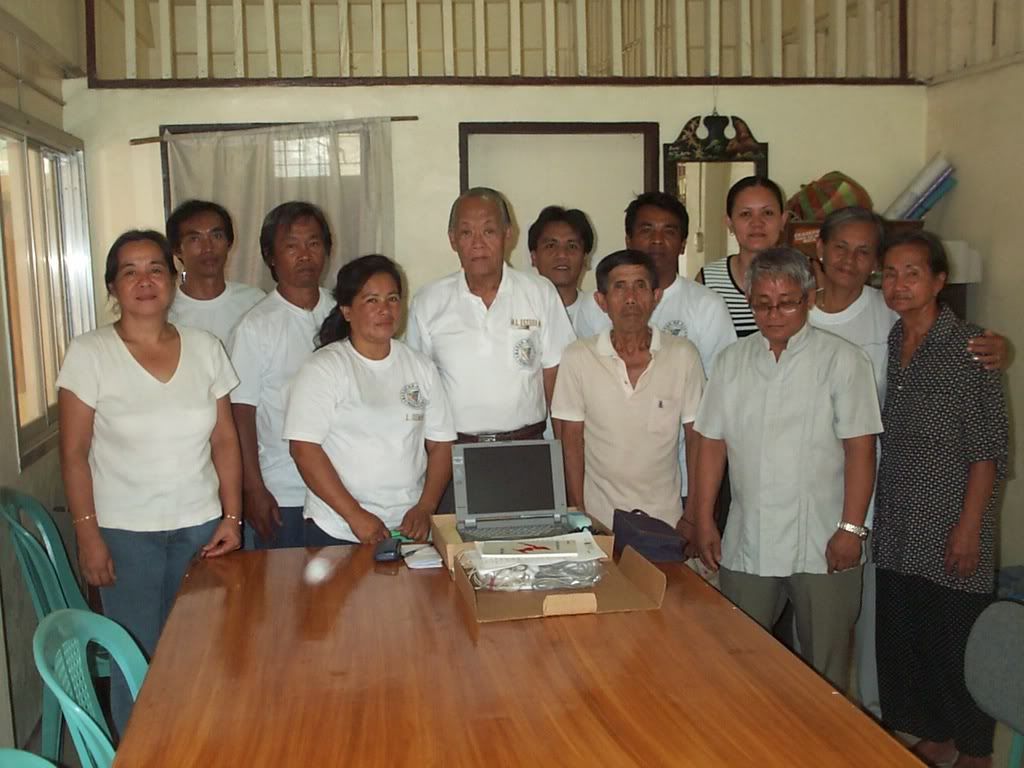 Education campaigns are necessary to every attempt at instituting direct democracy. Without some way of demonstrating people power to the masses, no one will understand the benefits of assembling in communities to the extent that would propel them to join. Lessons and methodology must focus strongly on destroying racial and ethnic tensions between diverse individuals and groups within the community. If a curriculum is set up, it must be geared toward building consensus and breaking down social barriers that have prevented many efforts toward direct democracy from flourishing. -Editor
Education campaigns are necessary to every attempt at instituting direct democracy. Without some way of demonstrating people power to the masses, no one will understand the benefits of assembling in communities to the extent that would propel them to join. Lessons and methodology must focus strongly on destroying racial and ethnic tensions between diverse individuals and groups within the community. If a curriculum is set up, it must be geared toward building consensus and breaking down social barriers that have prevented many efforts toward direct democracy from flourishing. -Editor
Manuel Valdehuesa Street talk
Source: http://www.sunstar.com.ph/static/cag/2008/05/26/oped/editorial.html
REPUBLIC Act (RA) 7160 states that in addition to being the primary planning and implementing unit of government, the barangay is also "a forum wherein the collective views of the people may be expressed, crystallized and considered."
This makes governing the barangay similar to the direct democracy practiced in the districts of Switzerland (canton) and Israel (kibbutz), and indeed, ancient Athens.
Arroyo Watch: Sun.Star blog on President Arroyo
By assembling periodically, deliberating on issues affecting the community, taking responsibility for their neighborhoods, adopting resolutions, then taking collective action, people govern themselves.
In other words, they manage their community directly - deciding policy, program, and projects - the essence of autonomy, of self-governance. All these apply to every barangay.
The law makes it possible for the community not to rely solely upon higher-ups, not especially those who mistake public service as self-service, or those whose personal agendas offend public interest.
Good governance lies with the citizens themselves - including the task of guiding their leaders by providing them the direction, content, or standards of public service.
And the citizens may also remove their officials between election periods by direct, collective action if they lose confidence in them.
No one seems to appreciate its role or importance in making our republic strong and democratic.
This may be because when the Code was enacted in 1991, neither its authors in Congress nor its implementers in Malacañang and the Cabinet have bothered to launch a campaign to explain its provisions. They didn't know that introducing a new system requires information, education and communication?
Then again, perhaps they knew too well that to have explained the Code's provisions would have empowered and enfranchised the people.
Then it would have been goodbye to the good times, goodbye to dynastic rule, goodbye to election cheating, and, most horrid of all, goodbye to fabulous allowances, commissions, and graft!
Thus, instead of an IEC campaign, they just made half-hearted gestures to autonomy accompanied by pompous demagoguery.
And that is how and why the trapos remain the center of power in the community instead of the people.
Will barangaynons ever take charge? More on this as this column runs on.
Manny is a former UN executive, diplomat, DAP director, and vice chair of the Local Government Academy. He appears here Mondays, Wednesdays, Fridays. Email: valdeman_esq@yahoo.com




No comments:
Post a Comment